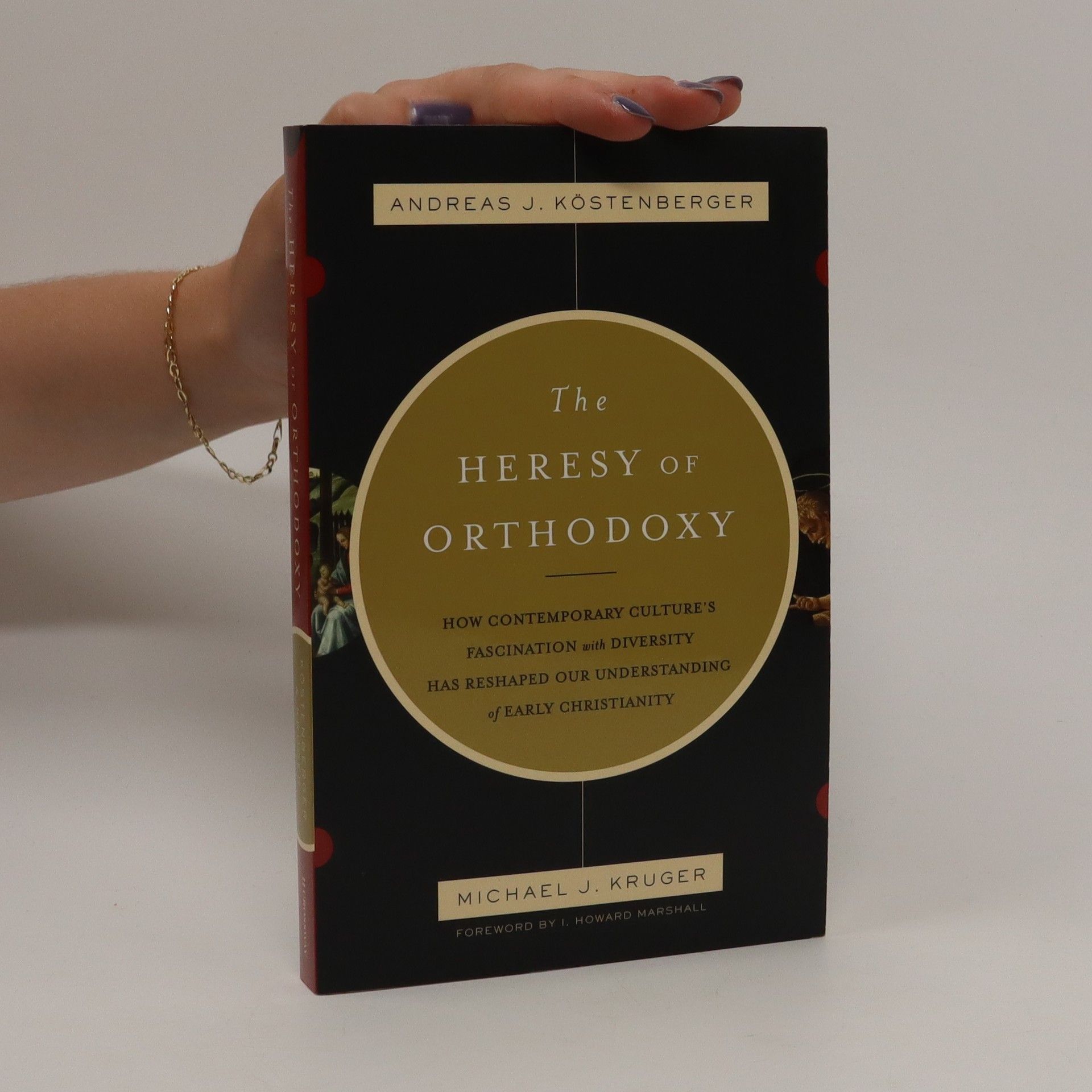Beginning with Walter Bauer in 1934, the denial of clear orthodoxy in early Christianity has shaped and largely defined modern New Testament criticism, recently given new life through the work of spokesmen like Bart Ehrman. Spreading from academia into mainstream media, the suggestion that diversity of doctrine in the early church led to many competing orthodoxies is indicative of today's postmodern relativism. Authors Köstenberger and Kruger engage Ehrman and others in this polemic against a dogged adherence to popular ideals of diversity. Köstenberger and Kruger's accessible and careful scholarship not only counters the "Bauer Thesis" using its own terms, but also engages overlooked evidence from the New Testament. Their conclusions are drawn from analysis of the evidence of unity in the New Testament, the formation and closing of the canon, and the methodology and integrity of the recording and distribution of religious texts within the early church.
Michael J. Kruger Knihy
Michael J. Kruger se zaměřuje na rané křesťanství a zkoumá jeho klíčové autory a myšlenky. Jeho práce se vyznačuje hlubokým porozuměním historickému kontextu a teologickým nuancím raných křesťanských textů. Kruger se snaží osvětlit vznik a vývoj raně křesťanské literatury a teologie. Čtenáři ocení jeho precizní analýzu a poutavý způsob, jakým předkládá složité myšlenky.


The Ten Commandments of Progressive Christianity
- 60 stránek
- 3 hodiny čtení
Exploring ten enticing yet misleading half-truths, this book serves as a cautionary guide to recognizing and understanding the allure of these deceptive ideas. Each half-truth is examined for its seductive nature and potential consequences, encouraging readers to think critically and discern fact from fiction. Through engaging analysis, it aims to empower individuals to navigate a world filled with misinformation and to foster a deeper awareness of the complexities in our beliefs and perceptions.